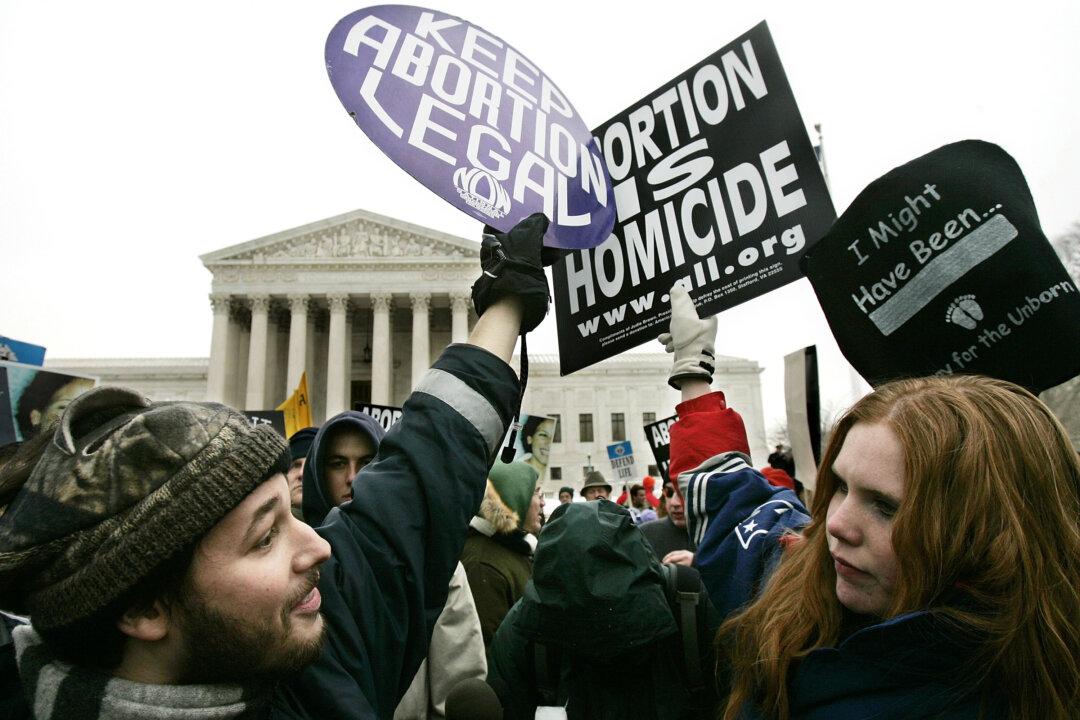Commentary
Have you noticed that there are a lot more wars going on these days than just the one in eastern Europe—and that most of them appear to be going on right here in the USA?

Have you noticed that there are a lot more wars going on these days than just the one in eastern Europe—and that most of them appear to be going on right here in the USA?